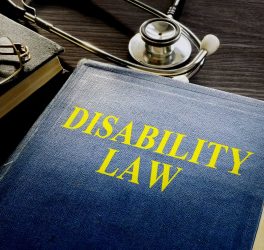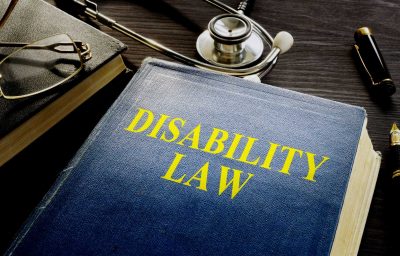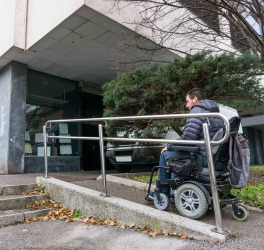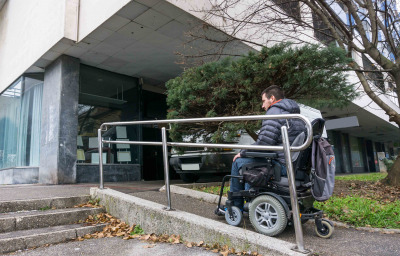
The preliminary report prepared by the Confederación Plena Inclusión España has been published based on 743 cases in which citizens with intellectual disabilities or generalized developmental disorders participated, and in which it is noted that intellectual disability is only taken into account in three out of every 10 legal proceedings involving a person with these characteristics.
The report is entitled: ‘On each side’, and warns that only in 31.5% of court cases this circumstance was taken into account and, consequently, some type of adaptation was provided to the person.
Associations, experts and families ask for the regulation of the figure of the judicial facilitator in the Spanish legal system, and that in this way, when a person with an intellectual disability is involved in this type of process, their rights are guaranteed.
“It is a question of equity,” Inés de Araoz, legal head of Plena Inclusión, which brings together more than 900 associations of families of people with intellectual or developmental disabilities, has stated.
“In the same way that a deaf person is guaranteed by law the support of a sign language interpreter if they require it, it is fair that someone with an intellectual disability receive the adaptations they need to understand the process and be able to handle it,” she said.
“Currently, it is the judges and other legal operators who request the intervention of these professionals,” explains de Araoz, but “this participation is usually limited to those cases in which the person with a disability is the victim, and, in general, only in criminal proceedings”. Associations can also intervene when they detect a problem, “but on many occasions, we arrive when everything has already started.”
According to the president of the National Confederation of Deaf People (CNSE), it is important, since there is no accessibility to education, cultural services, health, justice, and everything is still not inclusive for all purposes. Unlike in Europe, for every ten deaf people there is a sign language interpreter compared to Spain, which there is one for every 143. In that sense, the UN Convention on the Rights of Persons with Disabilities is not being respected given that the linguistic rights of this group are not being equated as it is done with the rest of the users of other languages.
Regarding the situation of the interpreters in the main places such as the courts, the airport, emergency telephones, 112, hospitals, television, etc., they are not yet fully accessible for this group of people, they claim.








